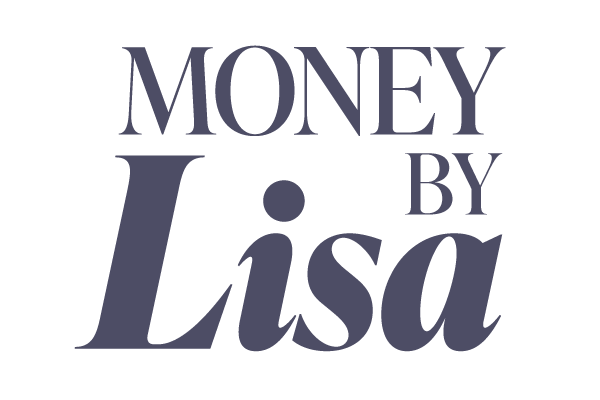The Price of Options
Fear not! This is not a treatise on the Black Scholes pricing model for stock market options. Rather, I’m thinking about what it costs to buy flexibility and when it is worth it to do so. Paying up to have more choices is a common transaction and, Black Sholes aside, easy to quantify. A refundable plane ticket costs more than a non-refundable one, for example. You decide whether you want to bear the risk of being locked into a decision and if not, pay accordingly.
Take that same thought process and super-size it throughout your financial life. Yes of course investing in a tax-advantaged retirement plan is a better deal than a taxable brokerage account. Until you decide to pivot careers or even flat-out retire early and need to tap your nest egg before you are 59 ½ years old.
I am a firm believer that the too-tired-for-words rent vs. buy a home argument is mostly an emotional decision that masquerades as a financial one. Putting that aside, again here is where pricing the value of flexibility could help if you are on the fence. Just as you consider the risk of being stuck with a plane ticket if you want to cancel your trip, what is the risk of being stuck with a house to unload soon after purchase (less than five to seven years)? Is that a scenario you can envision? If so, then the “cost” of renting (any potential home equity return after expenses, minus the investment return on what would have been your down payment) is the price of that flexible ticket.
Happily embracing the dismal interest rate offered by a bank savings account (even an online bank) is a perfect example of paying for options. I was reminded of this when I read recently about an Australian couple that lost their $150,000 nest egg, earmarked for starting a family, in a crypto investment. High risk/low illiquidity investments are the death of flexibility.
Ending where I began, in the Black Sholes model a key input in the equation is volatility. An option is more valuable when the stock market is moving all over the place. It’s the same for your personal finances. How likely is your life to change significantly in the near term? If your personal volatility is high, then paying up for options makes sense.
